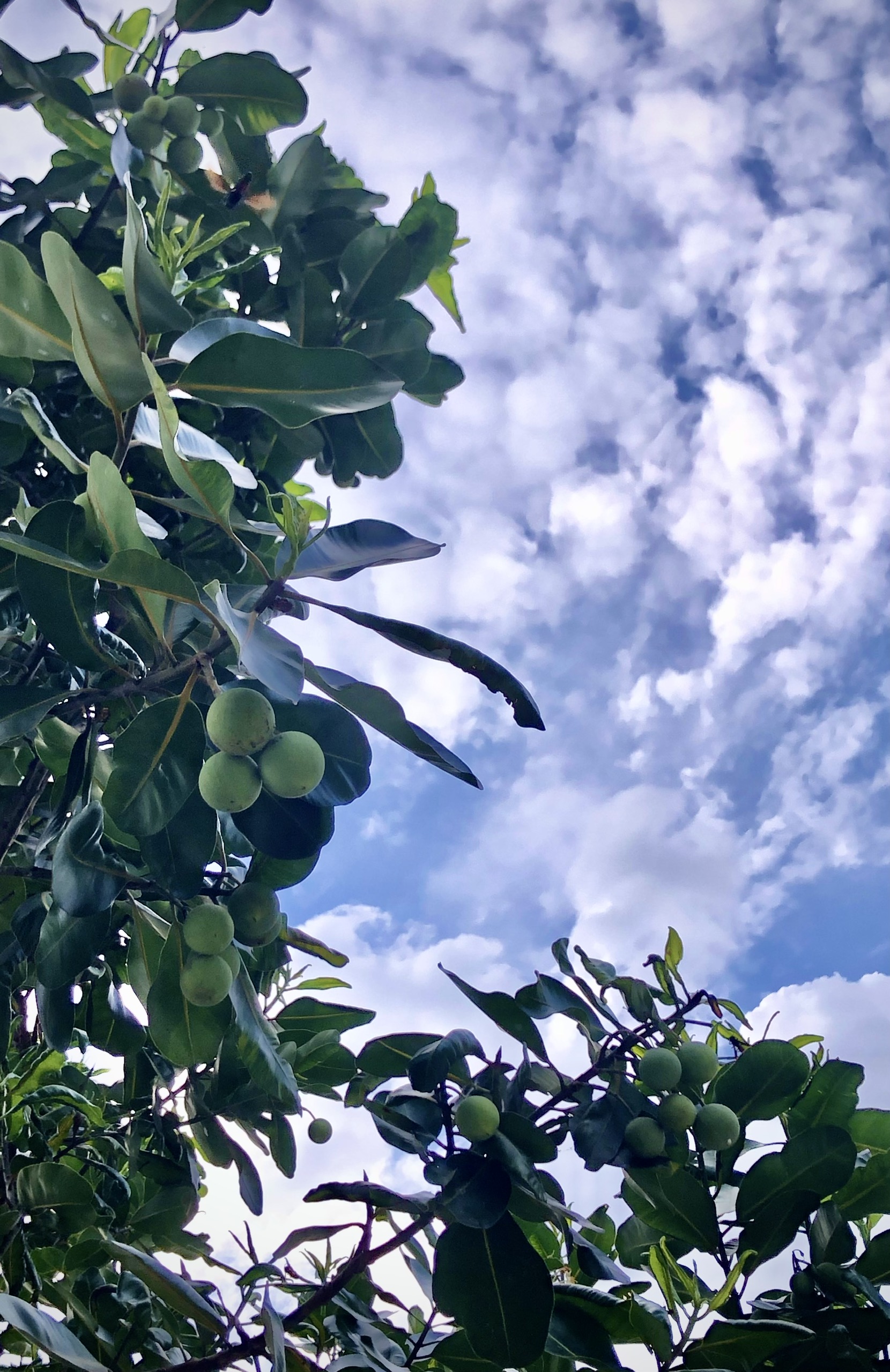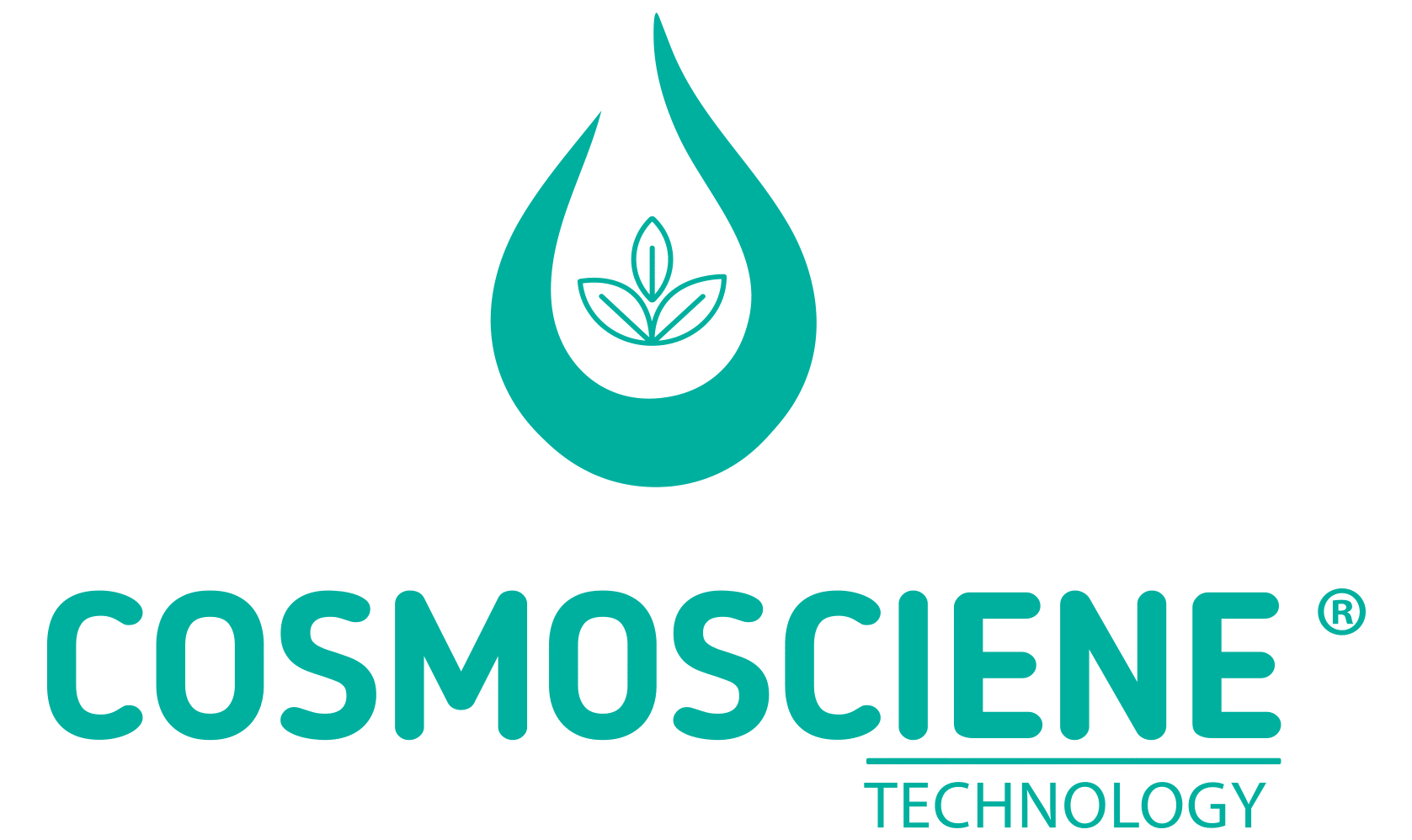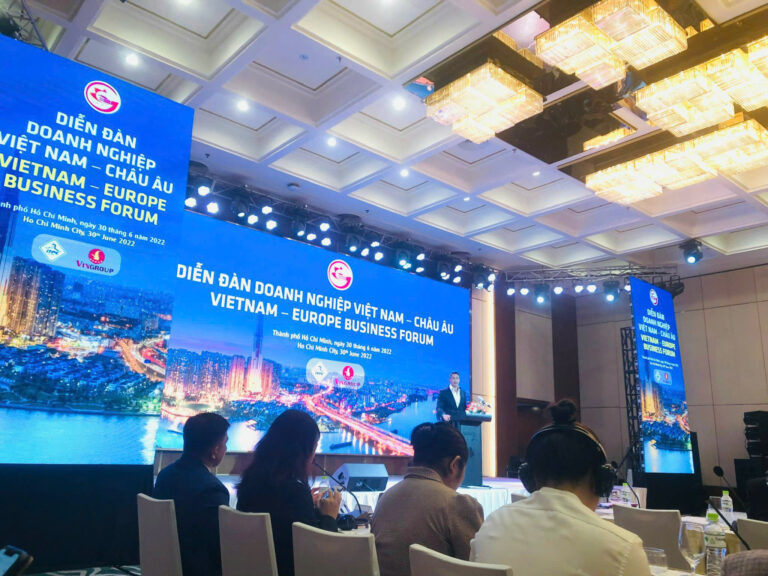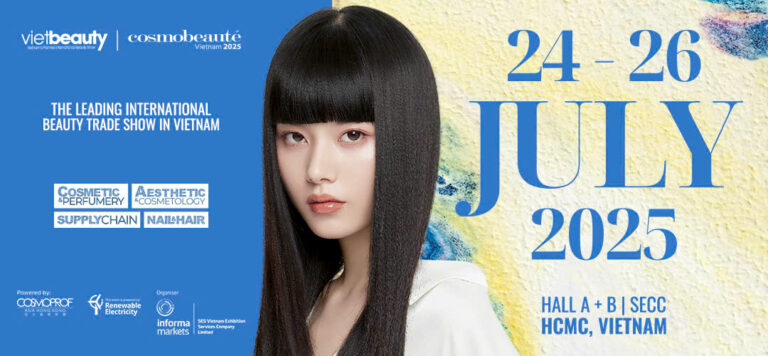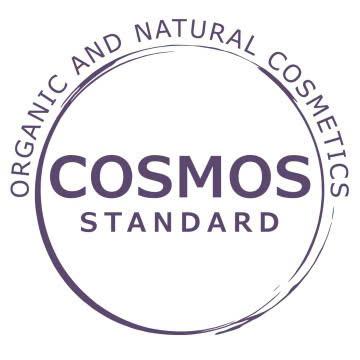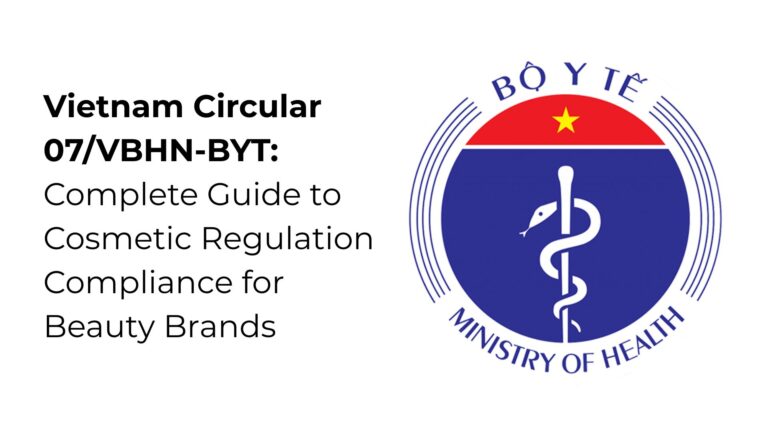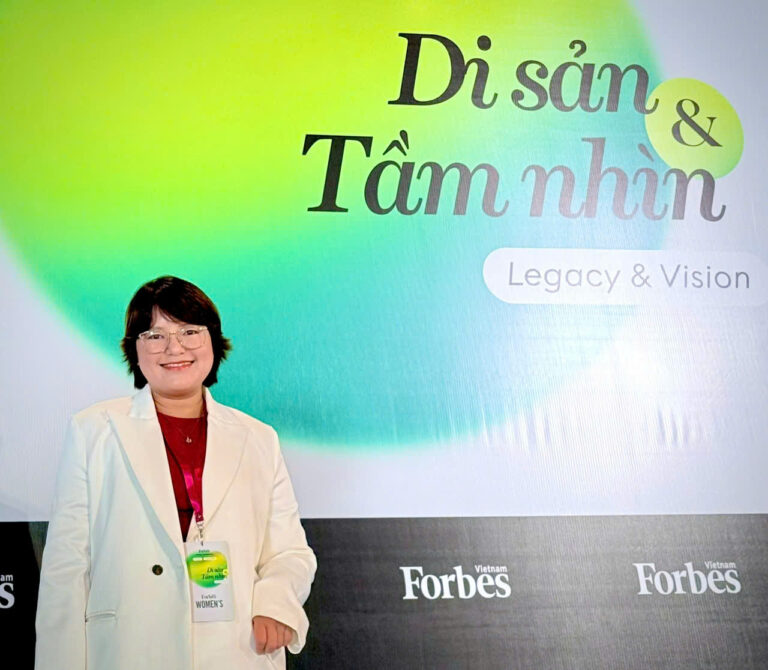Sustainable Beauty Standards: A Framework for Innovation & Integrity (COSMOS / USDA / EWG)
Amidst the robust growth of the beauty industry, global consumers are increasingly demanding higher standards of safety, transparency, and sustainability in products. International certifications have thus evolved beyond mere “quality seals” and now serve as widely recognized benchmarks, acting as trade passports for accessing global markets and strengthening lasting consumer trust.
International Standards: Door or Barrier?
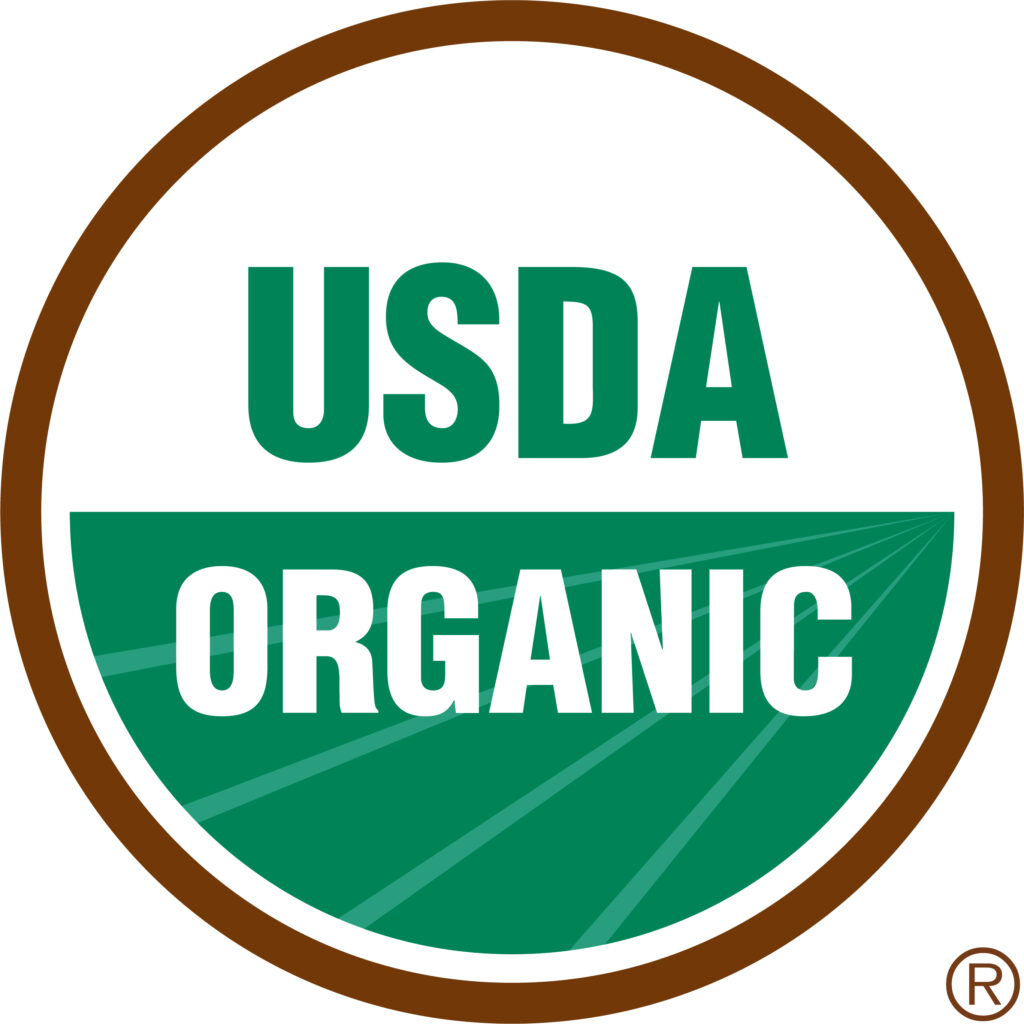
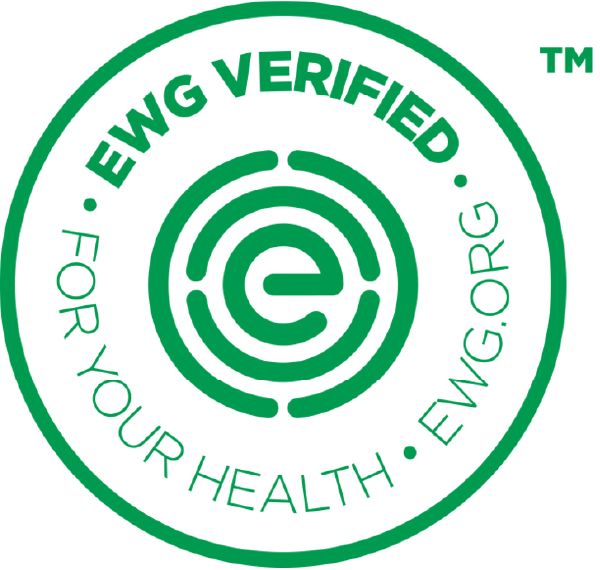
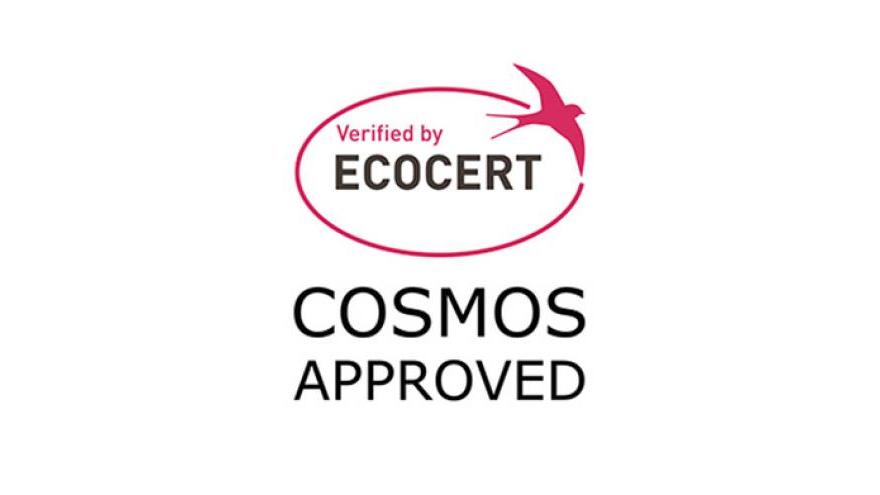
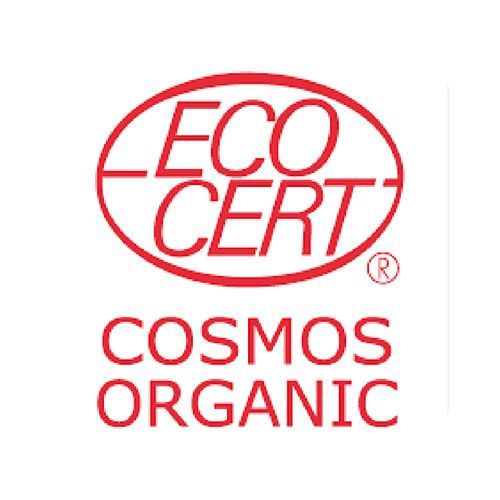
As consumer awareness continues to prioritize safety and sustainability, international certification systems not only guide the operations of sectors like Clean Beauty and Cosmeceuticals but also define standards for transparency and accountability in products aiming to foster healthier and happier communities. These certifications both unlock broad market access and impose strict requirements, compelling businesses to continually enhance their competencies to survive and achieve sustainable growth:
- COSMOS (Europe): Developed through collaboration among BDIH (Germany), COSMEBIO & ECOCERT (France), ICEA (Italy), and Soil Association (UK), COSMOS represents the unified European standard for natural and organic cosmetics. Its mission centers on balancing economic development, social responsibility, and ecosystem protection.
- USDA Organic (USA): This certification ensures that organic ingredients are sourced from USDA-certified agriculture in the US, which is particularly valuable for brands seeking entry into the North American market.
- EWG Verified (USA): A certification label on the rise, EWG Verified helps American consumers identify safe products without concerning ingredients. In just two years, the number of certified products has increased by 425%, clearly illustrating the rapid spread of the clean beauty movement. By 2021, over 1,800 products from nearly 300 different brands had earned this certification, appearing in every retail channel from boutiques to major chains such as Ulta, Sephora, Walmart, etc. EWG Verified thus stands not only as a hallmark of safety but also as an international standard that bolsters trust and opens doors to global market access.

These certifications cannot be self-declared. Enterprises must endure stringent and transparent inspection processes, including sourcing of raw materials, quality management systems, supply chain traceability, label accuracy, and sustainable packaging practices—all adhering to the “4R” principles: Reduce, Reuse, Recycle, Replace.
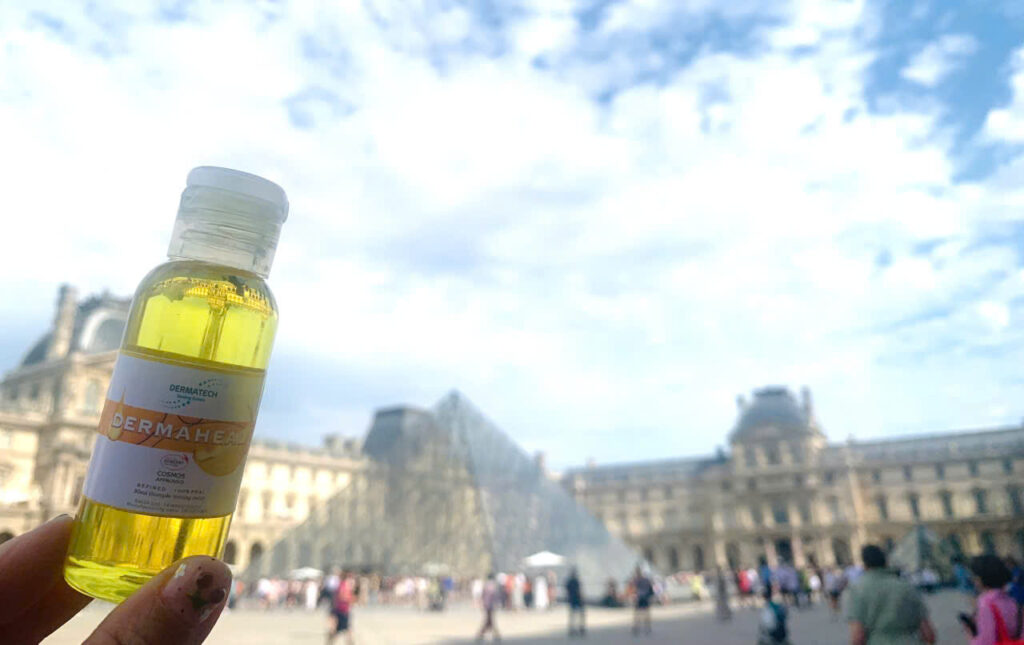
What Value for Consumers: Beyond Marketing Claims?
Scientific Safety Assurance
Certified products must undergo strict controls concerning GMOs, irradiation, nanomaterials, and harmful chemicals, in accordance with both COSMOS regulations and EU/US cosmetics laws.
Transparent Communication
- COSMOS: Certification requires mandatory disclosure of the percentage of natural and organic ingredients on packaging, eliminating consumer guesswork.
- EWG: In addition to safety ratings for each ingredient, EWG sets allowed usage levels for components in cosmetic formulas, creating final products that are as safe as possible for consumers. Brands must thoroughly read the standards, sign compliance commitments, and innovate formulas based on scientific evidence and safety principles drafted by EWG’s expert researchers before being considered for EWG Verified status.
Elevating Product Experience
From sustainable packaging to formulation, certified products deliver scientifically validated safety and efficacy proven with clinical data, rather than unfounded marketing claims.
Supply Chain Value: Building Sustainable Business Advantages
Brand Access
When formulations meet COSMOS, USDA, or EWG standards, brands gain greater access to EU and US distribution channels, entering demanding market segments that require genuine quality and authentic value.
Manufacturing Credibility
For OEM/ODM manufacturers, certifications significantly enhance credibility with both domestic and international customers, fostering stronger partnerships and long-term business growth.
Enhancing Agricultural Value
If raw materials branded “Made by/Made in Vietnam” achieve COSMOS/USDA organic certification, their value increases, allowing farmers to shift from basic commodity sales to joining sustainable value-added supply chains.
Vietnam Success Story: Tamanu Oil Refined with Exclusive DermaHeal Technology
Challenge
Historically, Vietnamese tamanu oil faced international trade limitations due to its naturally dark color, high resin content, unpleasant odor, sticky skin feel, and traditional cold pressing methods failing to meet modern cosmetic industry requirements and consumer demands.
Innovation
Through collaboration between researchers at Ho Chi Minh City University of Technology and Vietnamese businesses, a cutting-edge refining technology was developed. The research team successfully registered intellectual property and achieved COSMOS certification from ECOCERT.
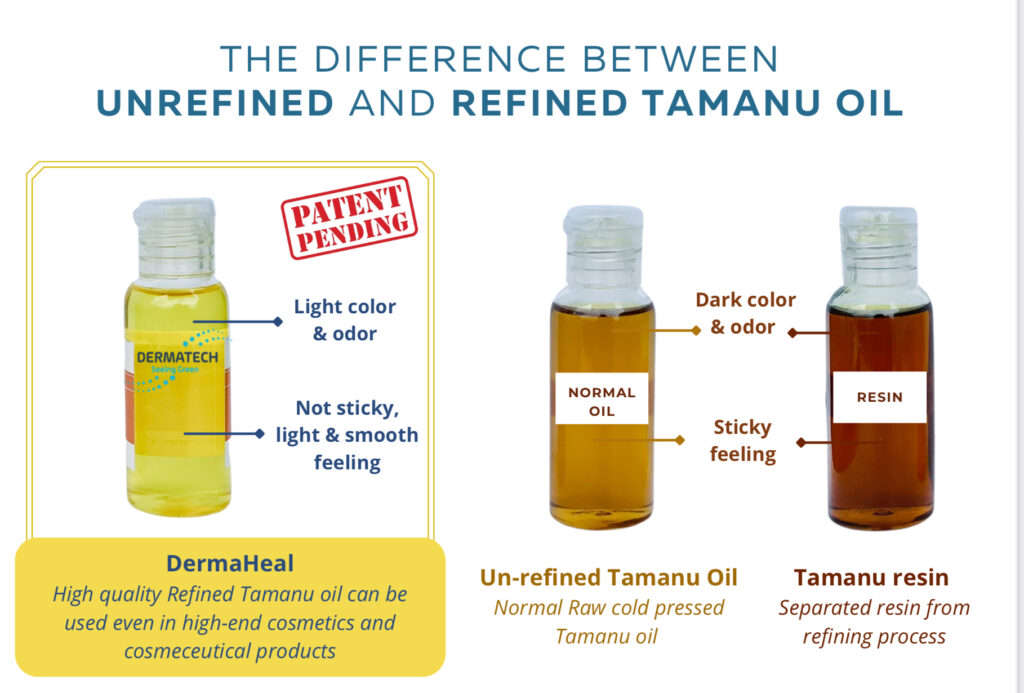
Impact
DermaHeal became the first Vietnamese cosmetic ingredient to secure COSMOS certification, paving the way for exports to Europe and demonstrating Vietnam’s innovative potential in the global beauty market.
Ripple Effect
This success generated benefits throughout the value chain—from farmers and R&D teams to manufacturers and international traders—proving that standardization brings shared value to all stakeholders.
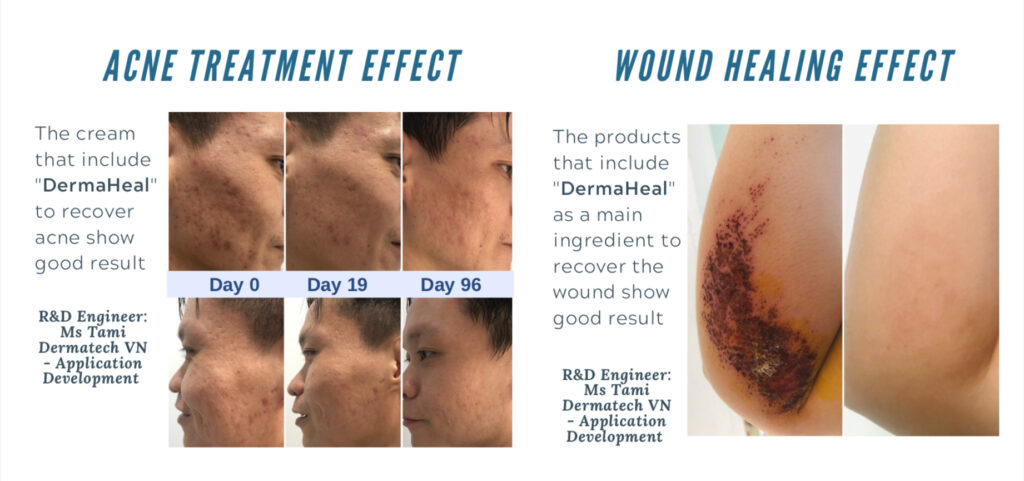
Strategic Message for Vietnamese Enterprises
A high-end, clean, and sustainable cosmetic brand cannot achieve lasting success solely through compelling marketing stories. Sustainable development in the era of international integration requires:
- Products meeting international standards (COSMOS, USDA, EWG)
- Transparent and sustainable supply chains
- Scientific foundations supported by clinical data
Only by establishing these pillars will Vietnamese brands secure a lasting position and earn their deserved spot at prestigious international exhibitions such as Cosmoprof and In-Cosmetics.
Cosmoscience: Bridging Standards to Sustainable Success
Cosmoscience supports Vietnamese and global businesses through a comprehensive ecosystem designed to overcome global volatility and build sustainable core value foundations:
- CosmoLab: Standardizes formulas to meet COSMOS/EWG requirements, accurately calculates natural/organic ingredient ratios, and helps businesses construct value chains that align with international and ESG standards.
- CosmoCert: Provides document support and direct intermediary connections to international certification organizations including COSMOS/ECOCERT, EWG, Vegan, and Halal, enabling businesses to add certified criteria for products ready for global commercial markets.
- CosmoIP: Protects intellectual property rights for formulas, innovation processes, and production technologies.
- CosmoScale: Links brands to reputable OEM/ODM partners and supply chains that comply with Vietnamese, ASEAN, and International standards, enabling domestic and international expansion via efficient, rigorous, and consistent business strategies with lasting value.
Our Commitment: Transparency – International Standards – Creating Sustainable Value – Partnership.
The future of the beauty and wellness industry lies not only in what we make, but in how responsibly we make it. International certifications represent more than compliance—they embody a commitment to consumers, communities, and our shared environment.
For more information from the National Ministry of Science and Technology regarding DermaHeal:
https://vjol.info.vn/index.php/khcn/article/view/63931
